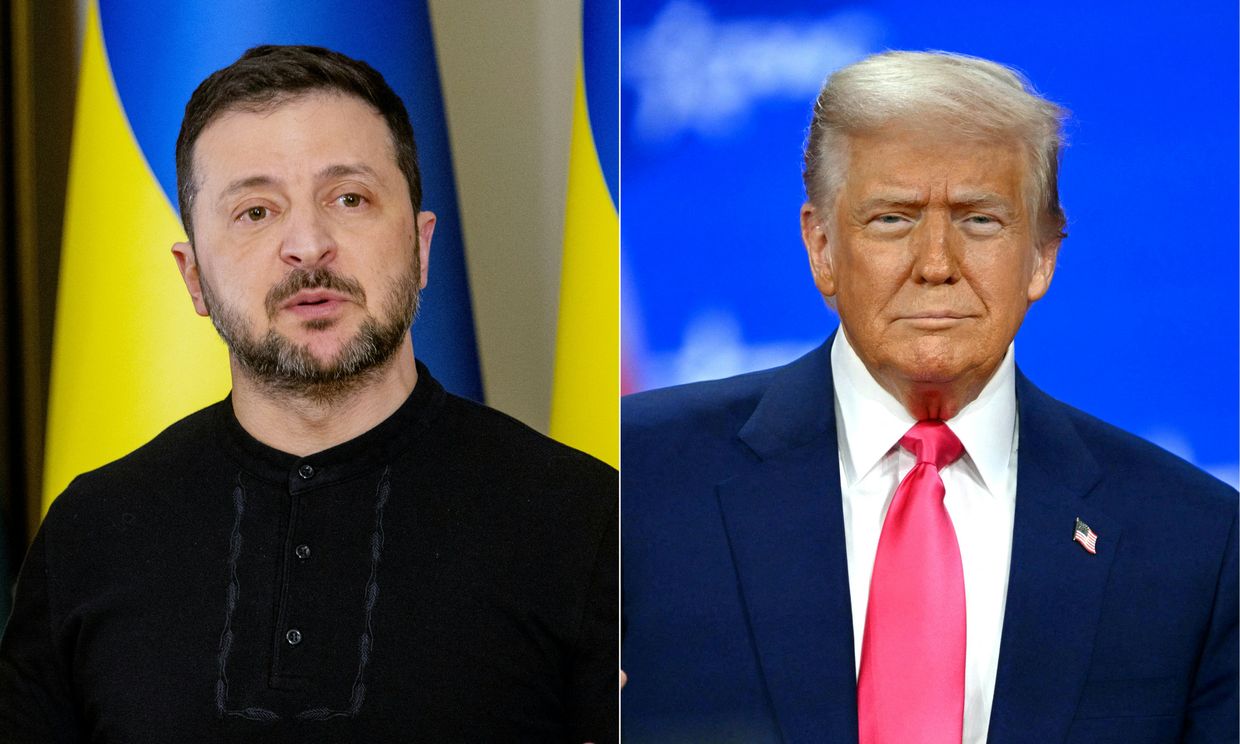'Deadline is in my brain' — Trump dismisses timeline to impose Russian sanctions

Editor's note: This article has been updated to reflect additional comments made by U.S. President Donald Trump on the bipartisan sanctions bill.
U.S. President Donald Trump sidestepped questions on June 5 as to when he can be expected to impose additional sanctions on Russia, as the Kremlin continues to reject a ceasefire in Ukraine.
Trump has repeatedly threatened to impose sanctions on Russia if he does not see progress in peace talks between Kyiv and Moscow.
When asked by reporters in the Oval Office as to whether a deadline exists for the implementation of sanction, Trump replied: "Yes, it's in my brain the deadline," without specifying a date.
"When I see the moment where it's not going to stop... we'll be very tough," Trump added.
Previously, Trump said he had not yet imposed new sanctions on Russia because he believed a peace deal might be within reach.
"If I think I'm close to getting a deal, I don't want to screw it up by doing that," he said, but added he is prepared to act if Moscow stalls further.
On May 28, Trump said that "It'll take about two weeks, or week and a half," to know whether Russian President Vladimir Putin is serious about ending the war in Ukraine, suggesting that sanctions may be on the horizon if efforts are stalled.
Despite two rounds of peace talks in Istanbul, Russia continues to reject a ceasefire in Ukraine.
Following Operation Spiderweb that pre-empted the peace talks, Putin on June 4 blamed Ukraine’s top leadership for the attacks: "The current Kyiv regime does not need peace at all," he said during a televised meeting with senior officials. "What is there to talk about? How can we negotiate with those who rely on terror?"
Republican Senator Roger Wicker said on June 4 that Trump asked the Senate to delay voting on a bipartisan Russia sanctions bill.
The bill, introduced on April 1 by Senators Lindsey Graham (R) and Richard Blumenthal (D), seeks to impose a 500% tariff on imports from countries that continue purchasing Russian oil and raw materials.
The legislation currently has broad bipartisan support, with 82 out of 100 U.S. senators backing it. U.S. House Speaker Mike Johnson also voiced his support for the bill.
Trump on June 5 said that he has not yet seen the bipartisan bill.
"I have to take a look. (Senators) are waiting for me to decide what to do. And I will decide. Maybe very soon," Trump said. "But (senators) will be guided by my instructions. That's how it should be."












